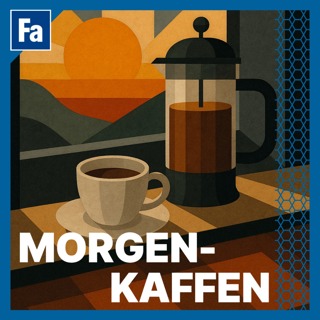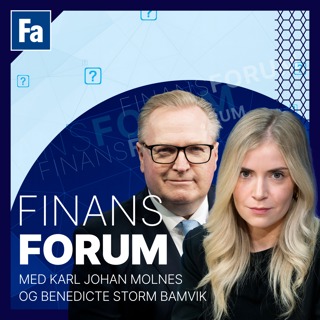
90: Never Start Training with McKinsey Cases
This is a mistake common to most case interview candidates. They start with the McKinsey approach. This is a very, very bad idea. McKinsey cases are those were the interviewer leads the case. If you are only trained to do cases in this format, you will never learn how to lead a case. This is no small matter. The prompts and guides provided by a McKinsey interviewer play a significant role in helping you through the case and you will struggle without them. It is best to first learn to do cases where you are pointing out the areas or importance, and once you have developed this skill, thereafter shifting to the interviewer-led format.
27 Aug 201214min

89: Communication does not mean FIT/PEI
We try to get our clients to understand that they are always being assessed for fit. Yet, many only pay attention to image and communication during the formal FIT/PEI interviews and then relapse into very poor communication patterns for the rest of the case. Listeners must understand that they are always being assessed for their communication, leadership, speaking etc skills, and especially during a full case when they are under the most pressure. If you keep this information in mind, good communication behavior becomes second nature to you.
21 Aug 201211min

88: McKinsey Corporate Finance
Finding practice material for corporate finance cases is practically impossible outside Firmsconsulting. We have prepared this podcast outlining a training strategy any listener could follow should they be preparing for McKinsey Corporate Finance interviews. MCF interviews to be tough since candidates must demonstrate above-average strategy skills and a very high domain knowledge of finance, especially the ability to understand underlying concepts and adjust them for the realities of the market. We find this to be the main challenge for clients - getting to understand why a equation exists as it does versus merely being able to replicate the analyses.
15 Aug 201216min

87: Five Phrases to Avoid
Communication and image in a case interview is governed by both what you say and how you say. It is true that how you say something tends to carry more weight. However, in some case, certain phrases should definitely be avoided because they cause much damage it is very hard to recover from them. We discuss them in this podcast.
9 Aug 201215min

86: Using Storytelling In Cases
Storytelling is a very powerful technique to ensure someone remembers you after an interview. In fact, even when we screen people at Firmsconsulting today, we use this technique I applied as a partner. The rule is simple: if I can remember your key messages from the interview the next day, I would make you an offer. That, of course, assumes you had passed all the other hurdles well enough. One way to be remembered is to be your answers around compelling stories using the New York Times rule of facts, facts and facts with a beginning and end.
3 Aug 201225min

85: Harsh Partners
Being a young business analyst or associate on the receiving end of blunt and harsh feedback from a partner is a very jarring experience. However, it is also somewhat of a compliment. I never understand this very, very important point until my mentor, a senior partner, pointed this out to me when the managing partner gave me a very time about an initiative I was running. In hindsight, this was one of the most profound lessons I had in my consulting career, and the managing partner became a huge ally when I was up for partnership.
28 Jul 201225min

84: Anecdotes on Poor Networking Calls
In this podcast we have listed some of the most common and most significant networking mistakes made by candidates. Since many of these have been made by clients, we have had an opportunity to discuss the mistakes, their motivations, the fall out and their response. Therefore, we can provide a comprehensive discussion on the implications of these mistakes. In general, no matter how badly a McKinsey partner networking call may go, you have little to fear. There are over 2,000 McKinsey partners. if you mess up, you have about 1,999 partners to start again.
22 Jul 201218min

83: Difference between Learning and Practicing
99% of clients misunderstand learning and practicing. At its essence, you cannot practice McKinsey cases until you learn McKinsey cases. Most candidates start of their case interview preparation by reaching out to colleagues and consultants to practice cases, not having gone through the learning steps. Without a good strategy of separating learning from practicing you will simply absorb what you hear in the practice sessions and none of that is designed to teach you how to do cases. You must separate the learning from the practicing.
16 Jul 201210min





















